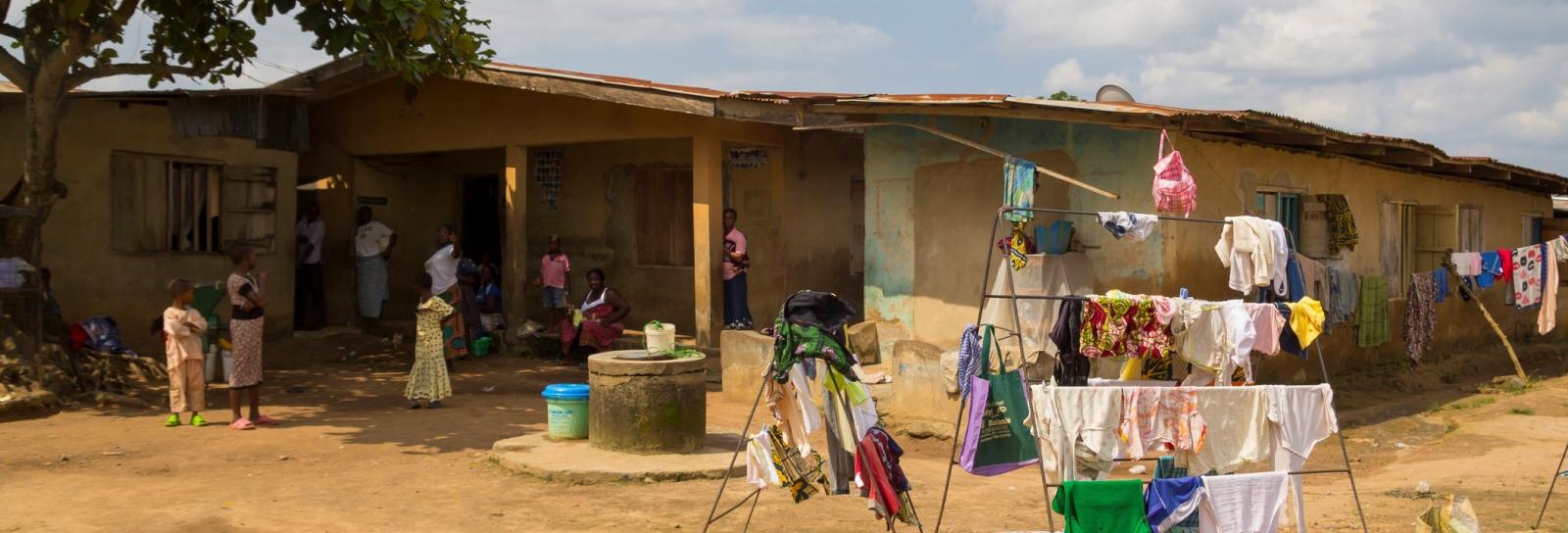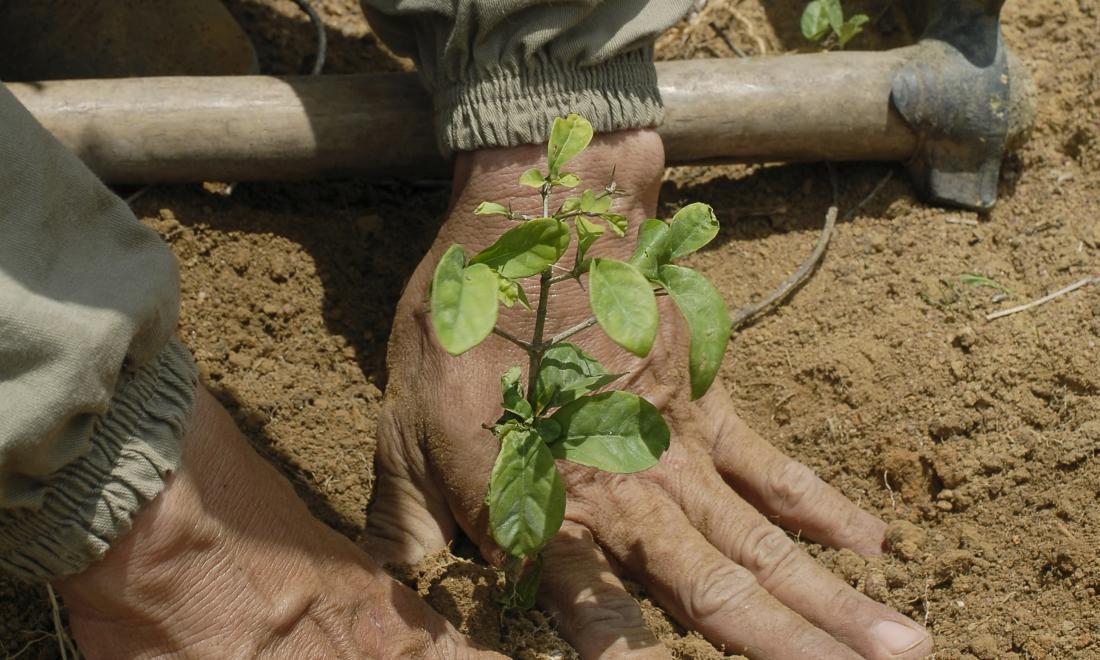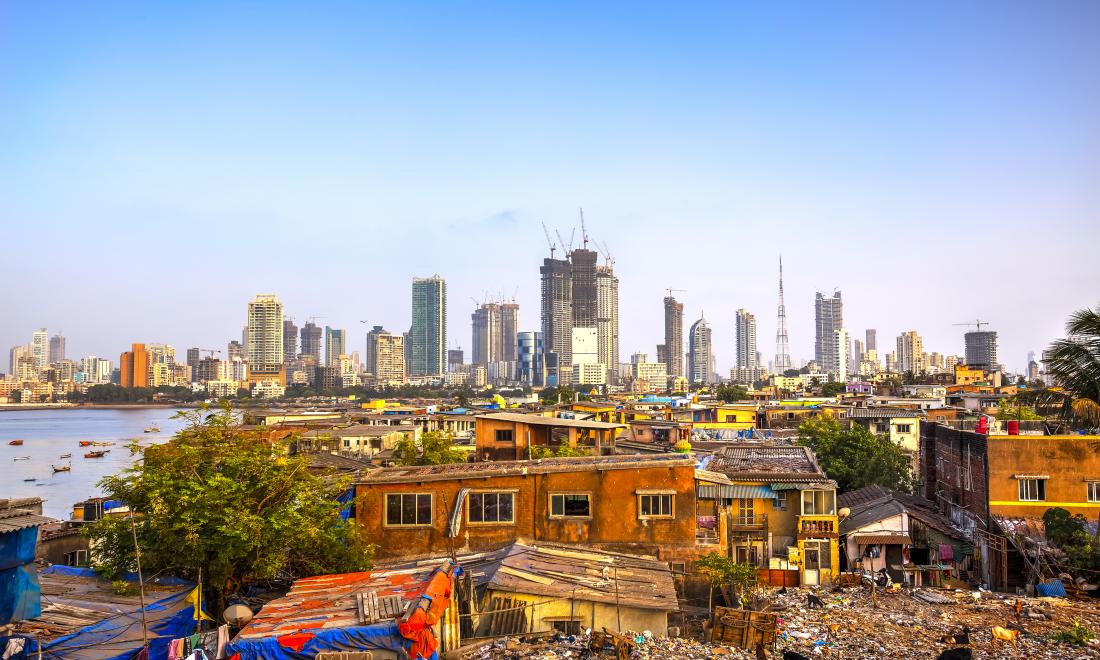In Nigeria, people say that “every household is its own local government.” What they mean is that politicians and government institutions have not delivered—and cannot be trusted to ensure—even the most basic services that people expect as citizens of Africa’s richest and most populous nation. Households have to fend for themselves. Anthropologist Daniel Jordan Smith’s research project examines the ways that Nigerians develop technologies, businesses, social networks, political ties, and other cultural strategies to cope with infrastructural deficiencies in the domains of water, power, transportation, security, communication, and education. Using ethnographic methods to compare informal economic and entrepreneurial strategies and processes across multiple arenas of infrastructure, Smith’s study is investigating—and aims to explain—not only the consequences for human welfare, but also the effects on political culture, state-society relations, and government capacity.
Research Project






